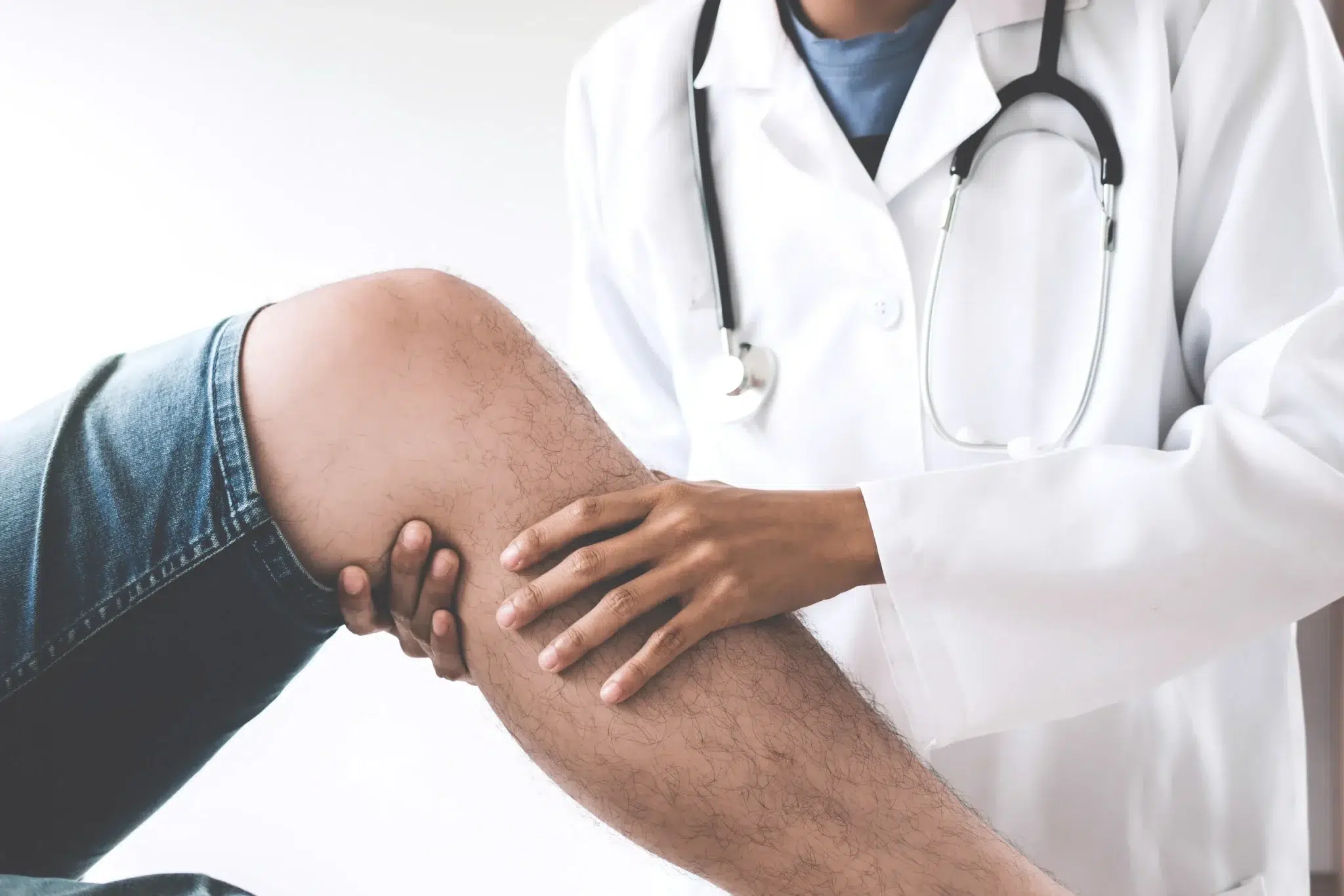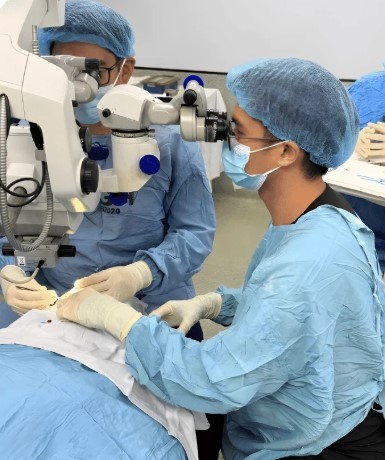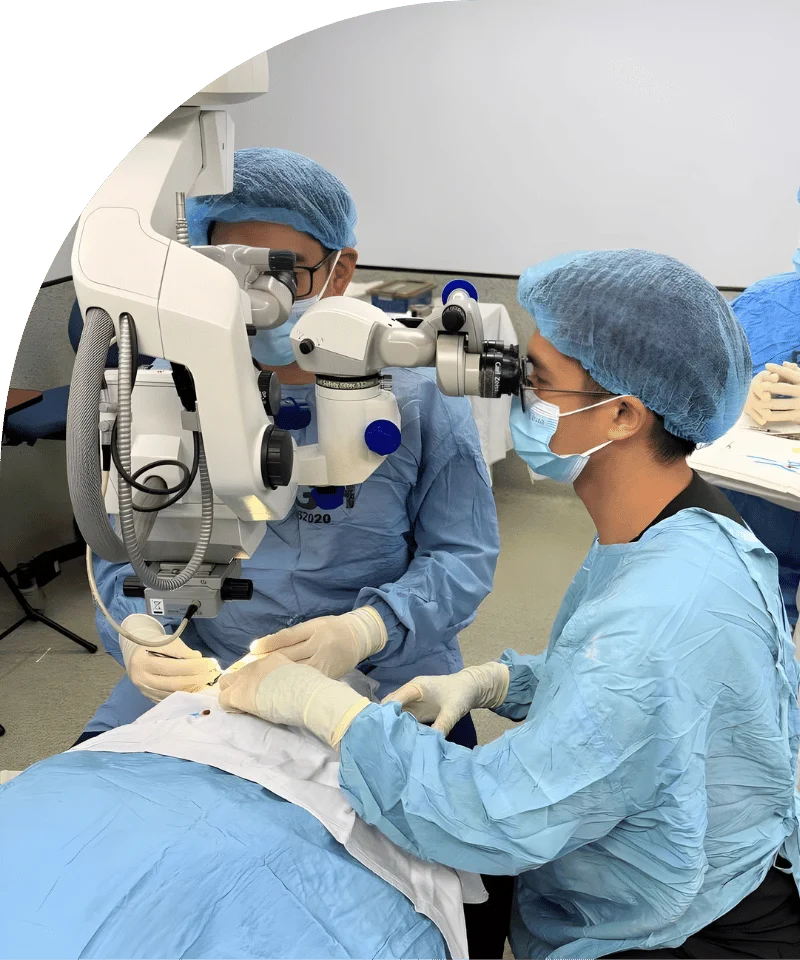Understanding the Role of a Wound Doctor Specialist
A wound doctor specialist is a healthcare professional trained to manage complex and chronic wounds that do not heal with standard medical care. Unlike general physicians or surgeons, these specialists focus on the science and techniques of wound healing, ensuring that patients receive precise interventions to promote recovery. They are highly skilled in diagnosing the underlying causes of delayed healing, which can range from diabetes and vascular problems to infections and pressure-related injuries. Patients who experience wounds that linger beyond a normal healing timeframe, or wounds that repeatedly reopen, often benefit from consulting a wound doctor specialist. These professionals assess each patient individually, considering medical history, lifestyle, and coexisting conditions to tailor a treatment plan. They also collaborate with other healthcare providers to address the systemic factors affecting wound healing. The expertise of a wound doctor specialist often prevents complications and significantly improves patient outcomes, especially for those with chronic or high-risk wounds.
Common Types of Wounds Managed by Specialists
Wound doctor specialists treat a wide variety of wounds, both chronic and acute. Chronic wounds, such as diabetic foot ulcers, pressure sores, and venous ulcers, are particularly challenging because they resist standard treatment and can lead to severe complications if left unmanaged. Acute wounds, on the other hand, include surgical incisions, traumatic injuries, and burns, which require careful monitoring and intervention to prevent infection and support faster recovery. Some wounds may develop severe infections or necrosis, requiring immediate specialist care to avoid long-term damage or amputation. Wound doctor specialists are trained to recognize subtle signs that indicate when a wound is not healing properly, allowing for early intervention. They also consider the patient’s overall health, as conditions like diabetes, obesity, or circulatory disorders can complicate wound healing. Each case is evaluated individually, ensuring that treatment plans are customized for optimal results.
Advanced Techniques and Treatments Used by Wound Doctor Specialists
Modern wound care involves a variety of advanced techniques designed to accelerate healing and prevent complications. Debridement, which is the careful removal of dead or infected tissue, is one of the most commonly performed procedures. Negative pressure wound therapy (NPWT) uses controlled suction to promote tissue growth and remove excess fluid from the wound site. Hyperbaric oxygen therapy delivers pure oxygen to tissues, improving blood flow and stimulating healing in chronic or infected wounds. Skin grafts, biologic dressings, and specialized wound dressings are used when wounds require additional tissue support or protection. Antibiotic therapy is carefully managed to prevent infection while supporting tissue recovery. Wound doctor specialists continuously evaluate progress and adjust treatments, ensuring that the healing process is efficient and effective. These advanced methods allow patients to experience faster recovery and reduce the likelihood of long-term complications.
Importance of Early Intervention in Wound Care
Prompt attention from a wound doctor specialist can significantly impact the healing process and reduce the risk of serious complications. Early intervention often leads to faster recovery times and prevents the progression of minor wounds into chronic or infected conditions. Specialists can identify underlying health issues that contribute to poor healing, such as uncontrolled blood sugar levels, vascular insufficiency, or immune deficiencies. They provide guidance on proper wound hygiene, dressing techniques, and lifestyle adjustments that support recovery. Early treatment also reduces pain, discomfort, and emotional stress for patients, improving their overall quality of life. In some cases, timely specialist care can prevent the need for surgical intervention or hospitalization. Education and proactive monitoring are key components, as patients learn how to manage their wounds effectively at home while ensuring medical support is available when necessary.
Choosing the Right Wound Doctor Specialist
Selecting the right wound doctor specialist is crucial for effective healing. Credentials and board certifications demonstrate the specialist’s training and commitment to high standards of care. Experience with specific wound types, such as diabetic ulcers or pressure injuries, can ensure that the patient receives targeted and knowledgeable care. During initial consultations, patients should ask questions about treatment options, success rates, and the expected duration of care. Evaluating the specialist’s approach to patient education and communication is also important, as understanding self-care practices is vital for long-term recovery. Referral networks and collaborations with other healthcare providers often indicate a specialist’s ability to provide comprehensive care. Choosing a qualified wound doctor specialist provides confidence, reduces anxiety, and helps patients achieve the best possible outcomes for wound healing.
Integrating Wound Specialist Care with Overall Health Management
Wound care does not occur in isolation; it often requires collaboration with primary care physicians, endocrinologists, vascular specialists, and nutritionists. Managing underlying conditions, such as diabetes, obesity, or circulatory issues, plays a critical role in successful wound healing. Specialists advise patients on dietary choices, exercise, and lifestyle habits that support tissue regeneration and overall health. Monitoring chronic conditions and adjusting medications when necessary can prevent further complications. Patients are encouraged to maintain regular follow-ups and communicate openly about changes in wound appearance or pain levels. A holistic approach ensures that treatment is not only focused on the wound itself but also addresses the root causes of delayed healing. This integrative care improves the likelihood of complete recovery and reduces the risk of recurring wounds.
FAQs about Wound Doctor Specialists
What conditions require a wound doctor specialist?
Wound doctor specialists are consulted for chronic wounds, surgical wounds that fail to heal, pressure sores, diabetic ulcers, burns, and wounds complicated by infection or poor circulation.
How long does it take for wounds to heal under specialist care?
Healing time depends on the type and severity of the wound, underlying health conditions, and the treatment approach. Some wounds may heal in a few weeks, while chronic wounds may take several months of specialized care.
Are treatments painful or invasive?
While some procedures, such as debridement, may cause temporary discomfort, specialists prioritize patient comfort and often use local anesthesia or pain management strategies. Many advanced therapies are non-invasive and designed for patient safety.
Does insurance cover wound specialist services?
Coverage varies by insurance provider and policy. Most insurance plans cover medically necessary wound treatments, especially for chronic or complicated wounds. Patients should verify benefits and coverage with their provider.
How often should follow-up visits be scheduled?
Follow-up frequency depends on wound severity and treatment plan. Acute wounds may require weekly visits, while chronic wound management often involves multiple visits per month, along with home care guidance.











